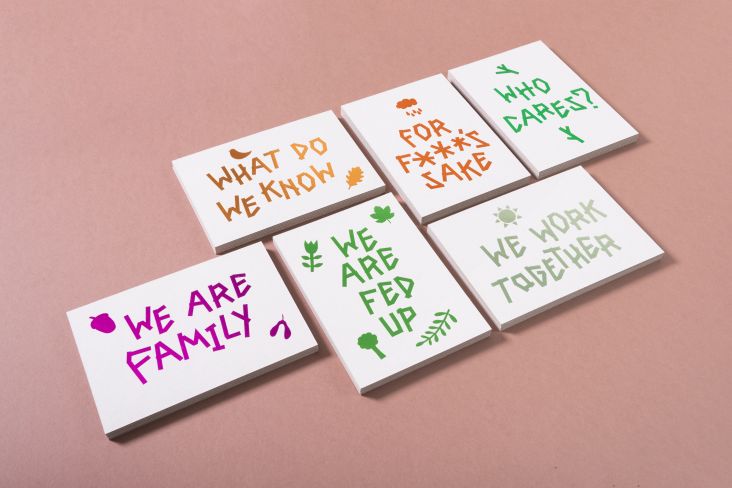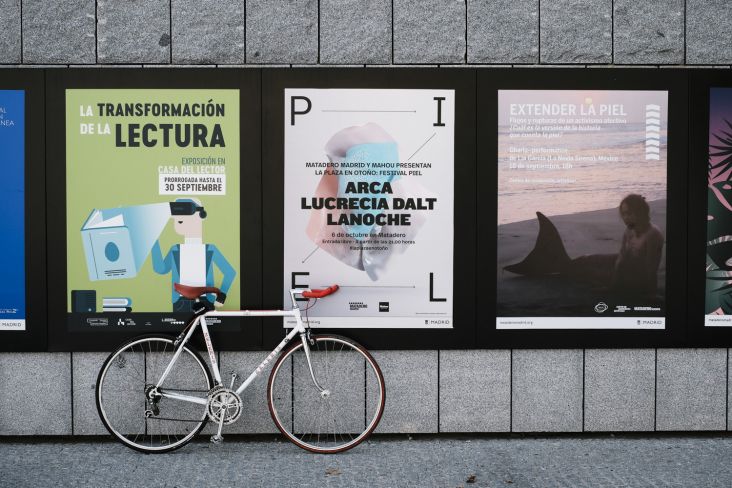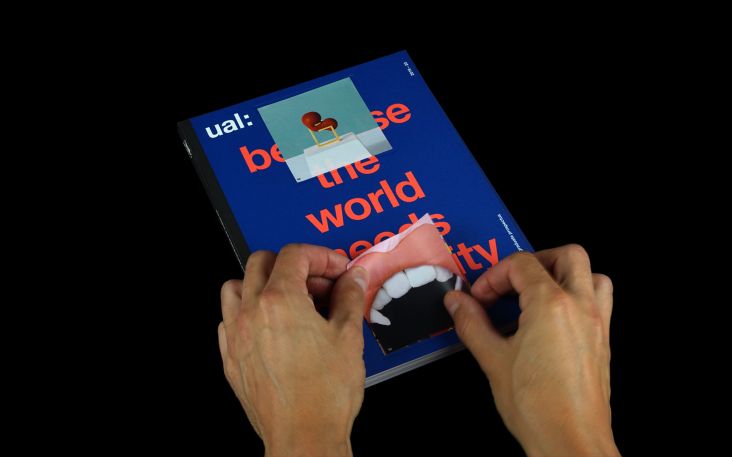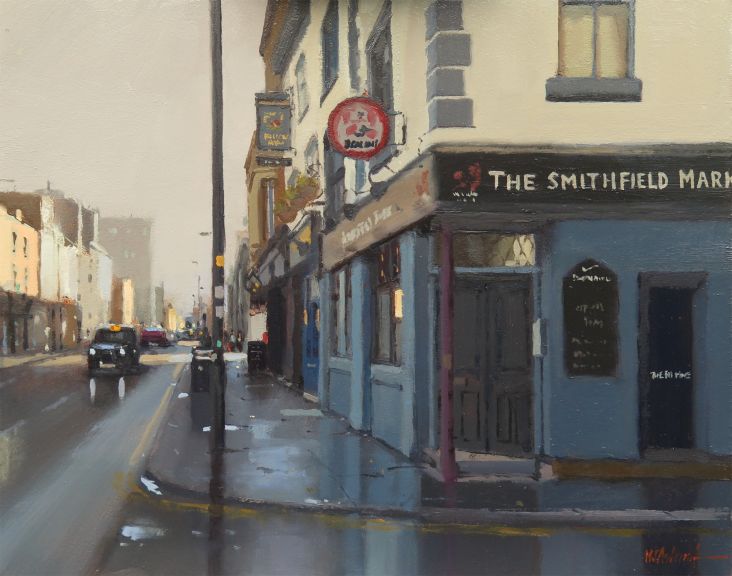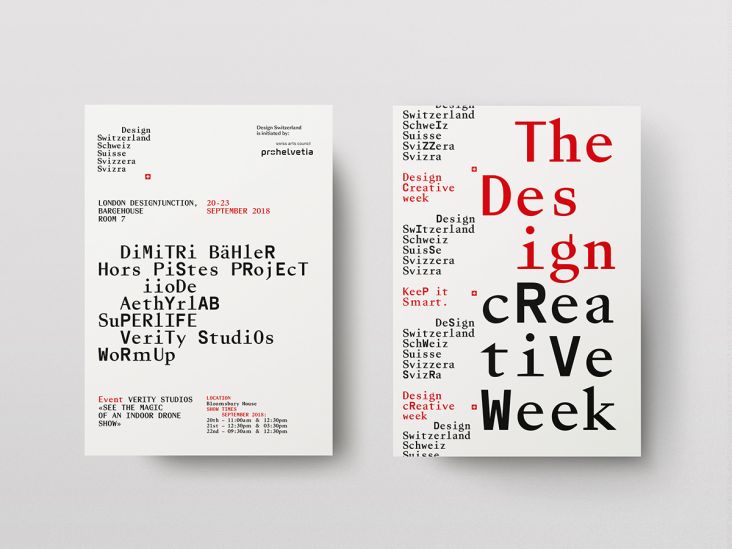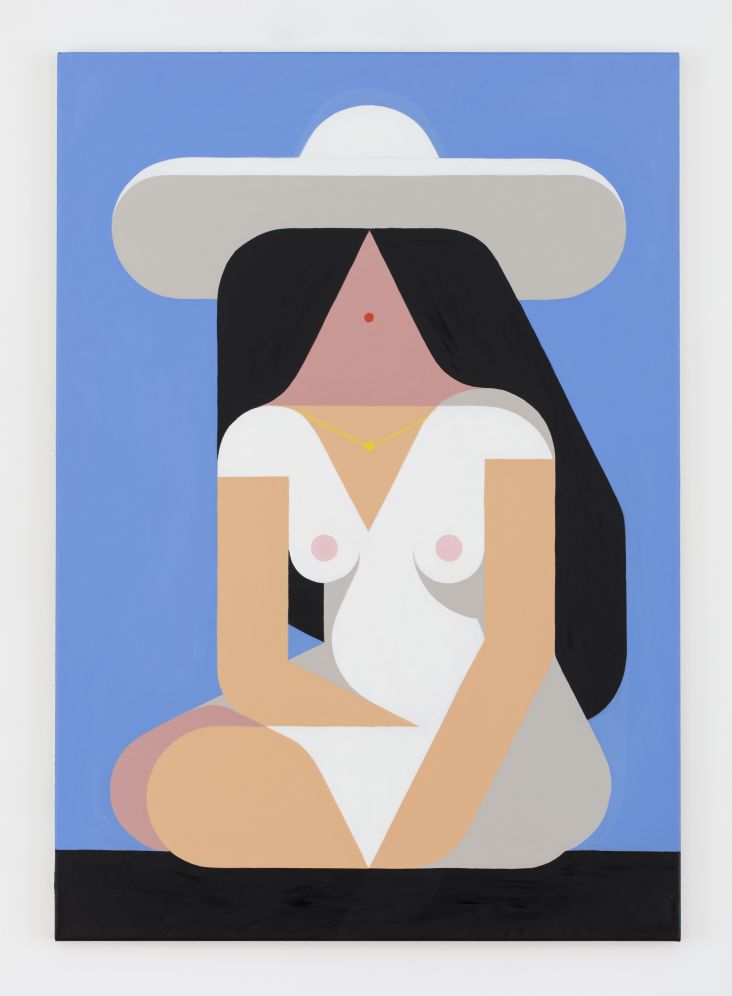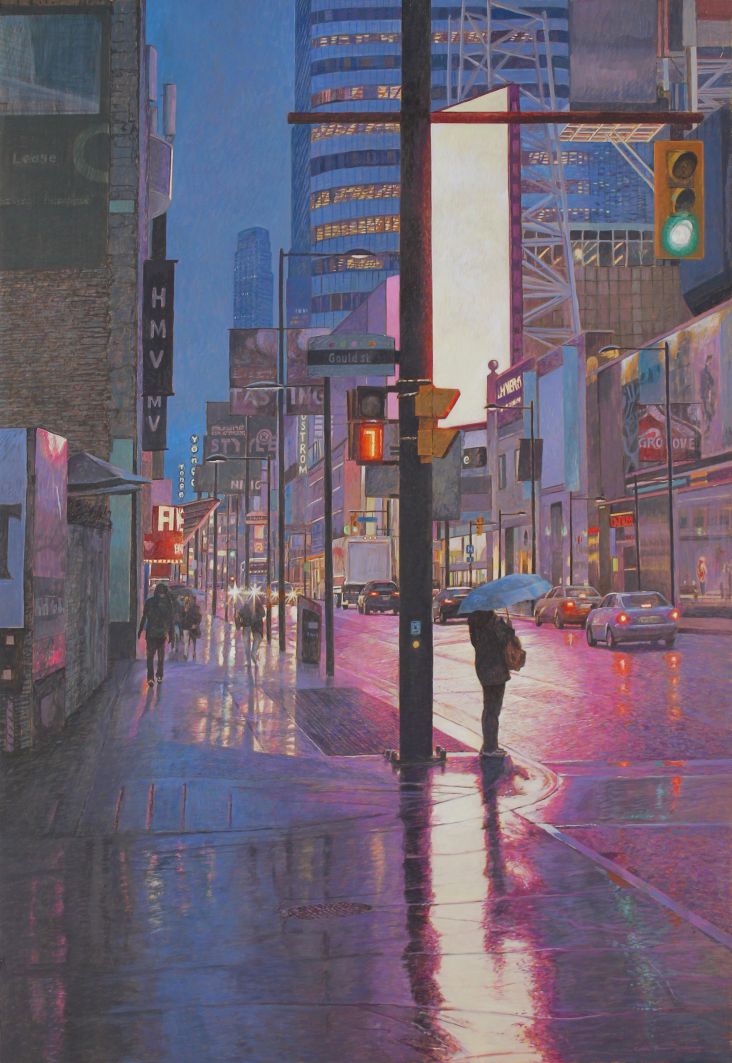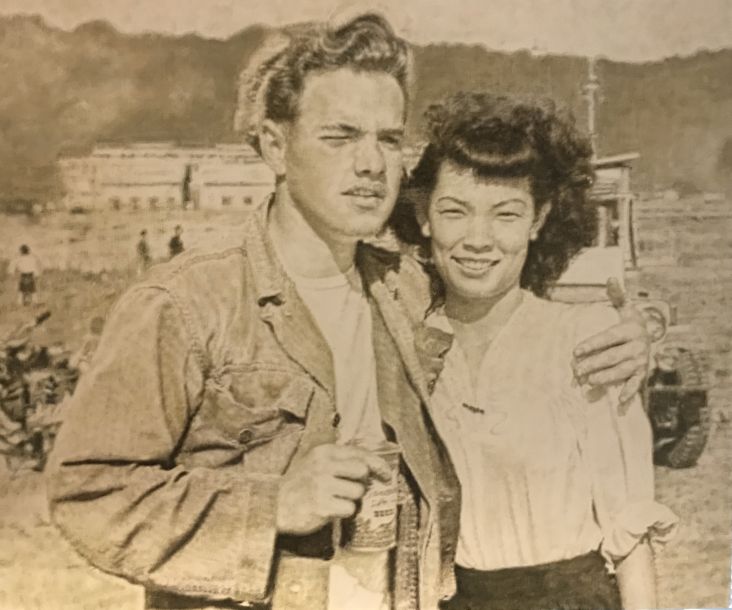Moholy-Nagy’s Heirs: a new generation of photographers in Hungary takes shape
The history of photography has deep roots in Hungary, and many outstanding Hungarian artists – including László Moholy-Nagy, who became iconic and world-famous, not least because of his influential impact on the Bauhaus in Weimar – influenced the art of photography in the early 20th century.
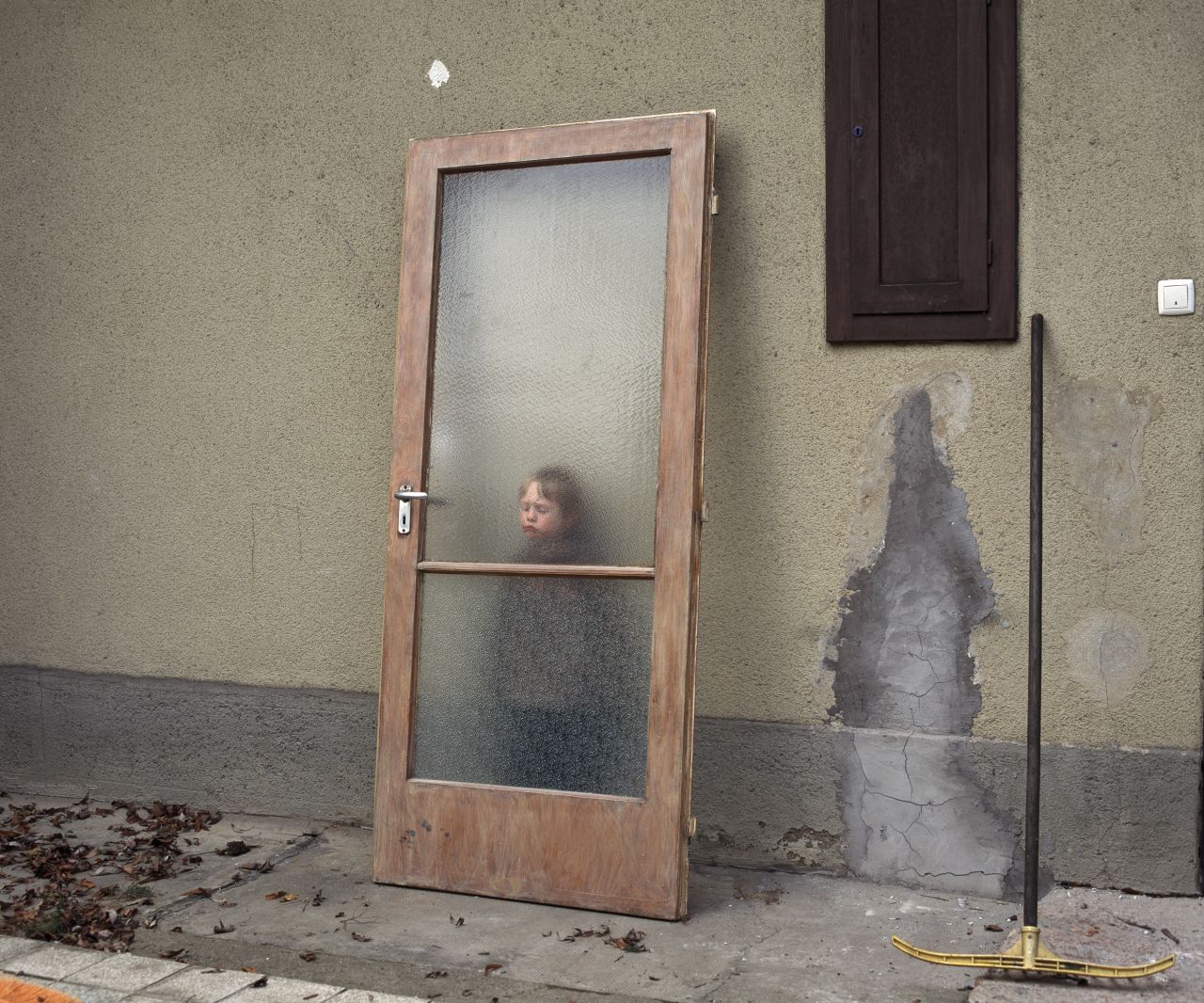
Momó with door, From the Series Middle, 2011 Momó with door, From the Series Middle, 2011. © Gábor Arion Kudász
However, this tradition was forgotten for a long time, and it wasn't until the mid-1980s that photography again became part of a university education at the institution now named after László Moholy-Nagy. The period of the Cold War and the Iron Curtain transformed Hungary into a no-mans-land for photography for some time, according to Jörg Colberg, an author, photographer, and guest professor at the Moholy-Nagy University.
"When developing and introducing the university programme, I considered it vital that it should be about thinking and searching for connections," recalls Gábor Kopek, the founder and former head of the photography department at the University.
"At that time, it was not clear what kind of changes digital technology would bring, but its appearance further reinforced my belief that we should prioritise thinking rather than the fetish of technology. A basic principle would have forfeited the legitimacy of the course. Our fundamental."
Now you can enjoy a new book, Thirtythree: A New Horizon of Photography at Moholy-Nagy University of Art and Design Budapest, published by Hatje Cantz, which offers a comprehensive overview of the photography programme's thirty-three years, and presents the outstanding works of 46 photographers who have graduated from the university.
As varied and multifaceted as these works may be, they nevertheless reveal a specific, new Hungarian visual vocabulary that photography experts call the MOME style, referring to the very place where all of the artists were trained.
An exhibition of the same name will take place at Robert Capa Contemporary Photography Center in Budapest from 8 October until 9 December 2018.
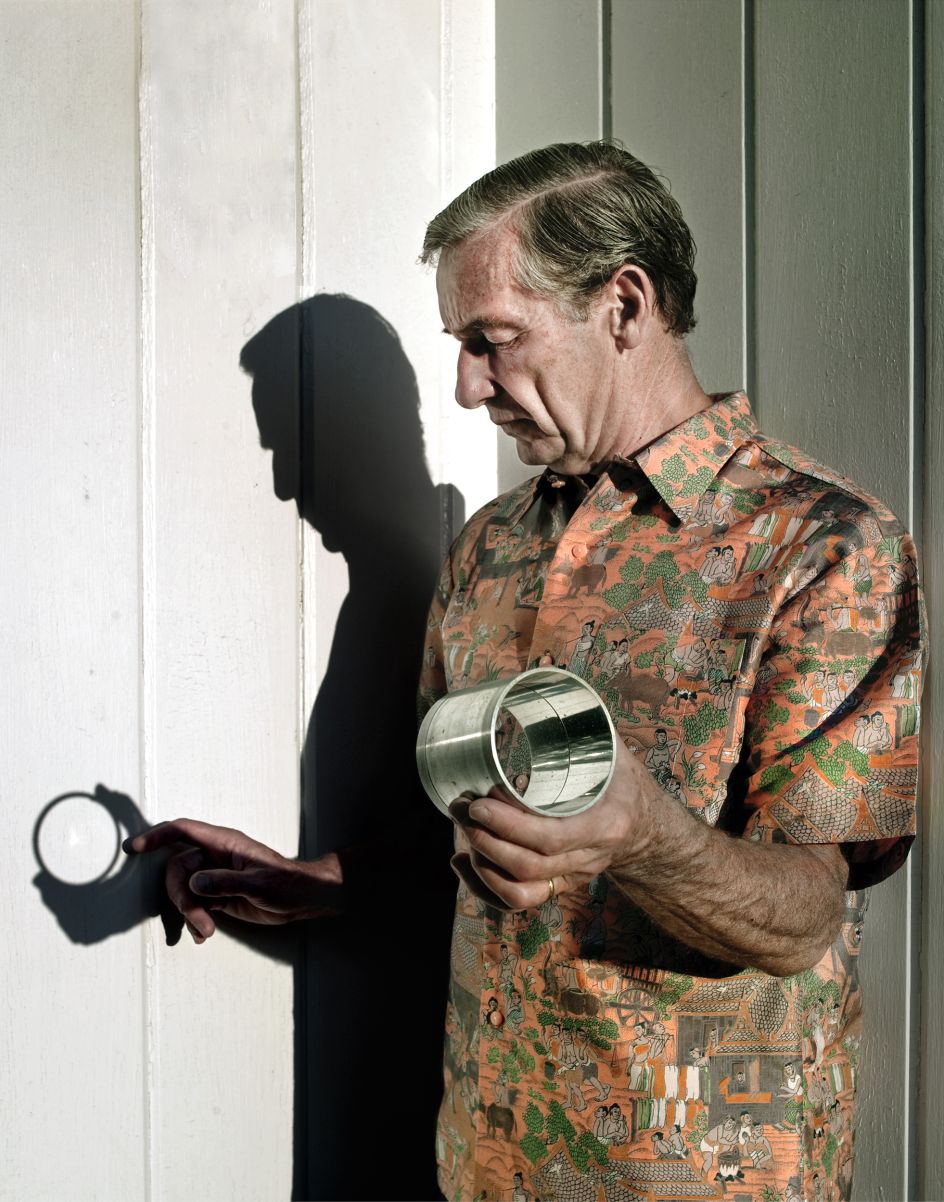
Scientist, from the series American Idler, 2008 Scientist, from the series American Idler, 2008. © Gergely Szatmári
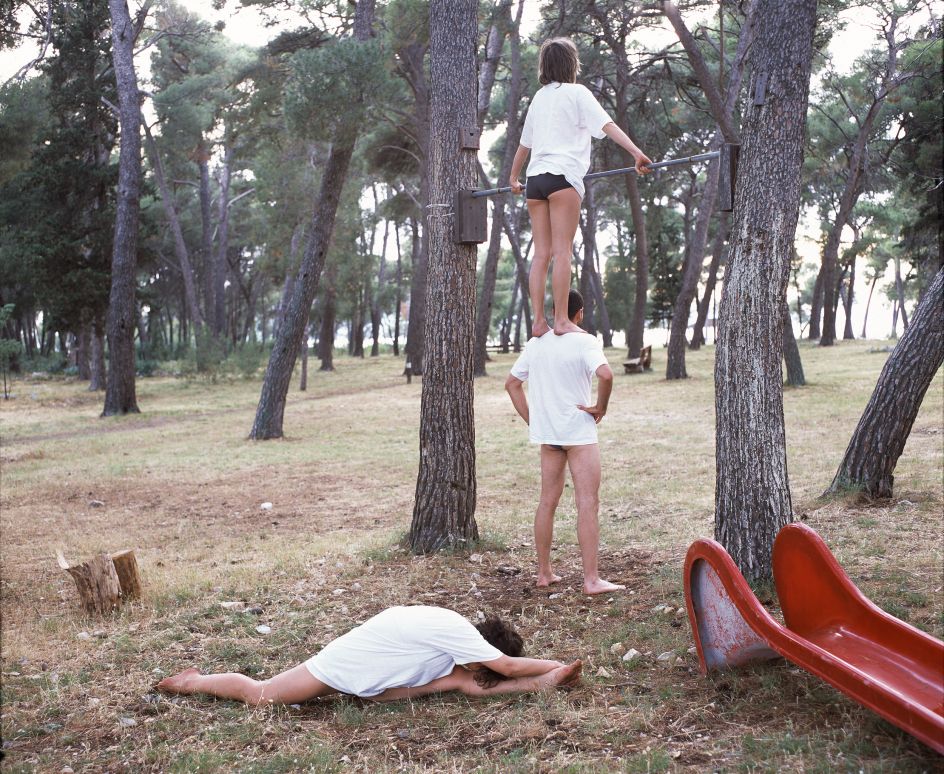
No. 2, From the series by rule, 2008 No. 2, From the series by rule, 2008. © Anna Fabricius
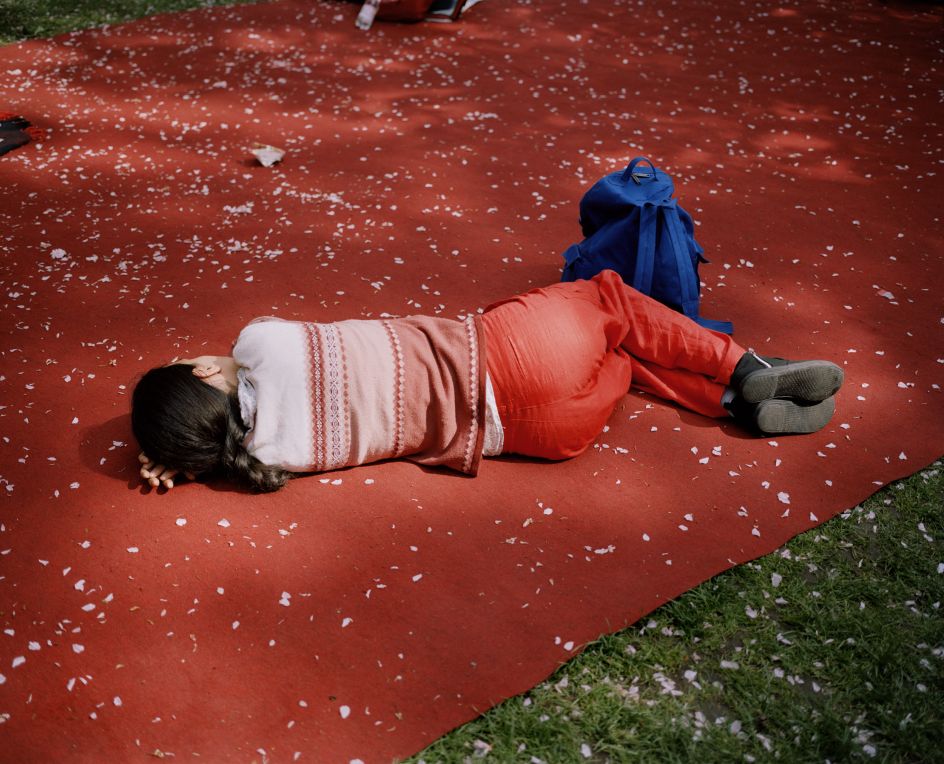
No. 1, from the series album for M, 2009. © Sári Ember

Thunder, from the series Epic Love Story of a Warrior, 2014. © Peter Puklus

Lavan, from the series Practitioners, 2016. © Éva Szombat
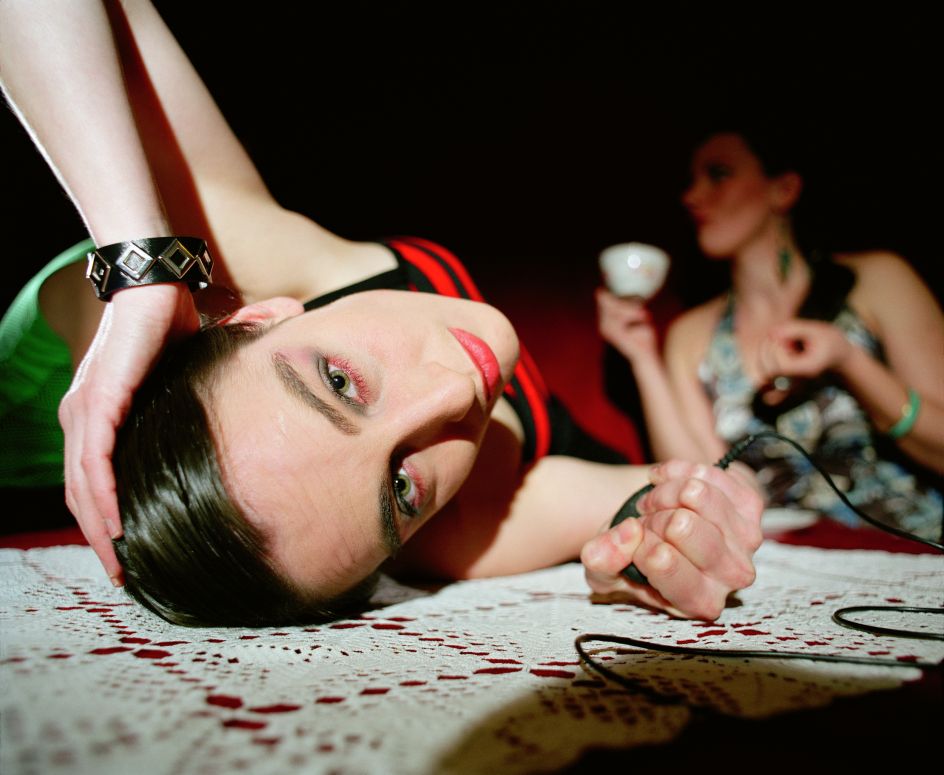
Self-Timer #5, from the Series Self-Timer, 2008. © Ágnes Éva Molnár
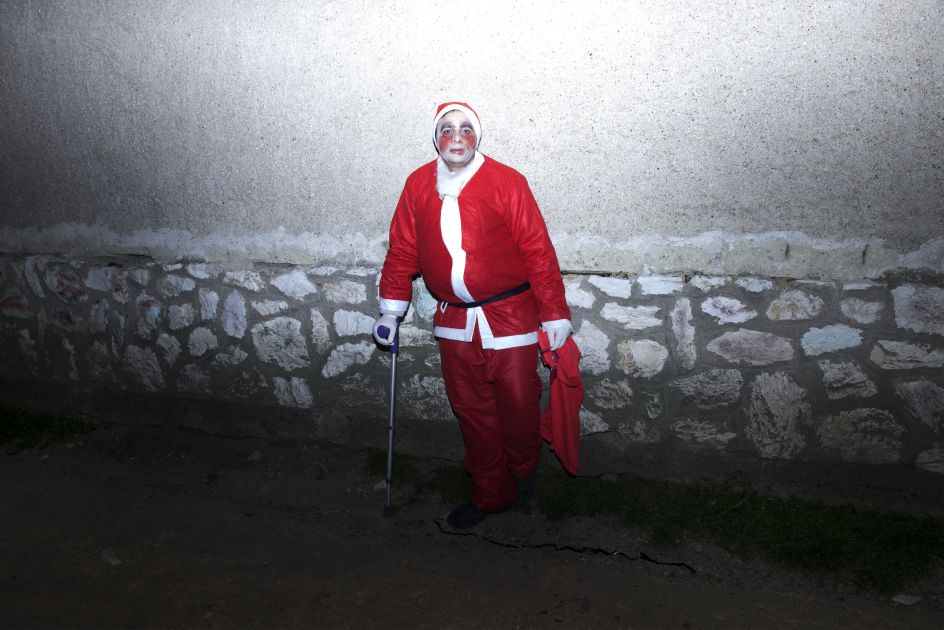
Untitled, from the series Józsi's Home, 2015 Untitled, from the series Józsi's Home, 2015. © Zsófi Sivák




 by Tüpokompanii](https://www.creativeboom.com/upload/articles/58/58684538770fb5b428dc1882f7a732f153500153_732.jpg)


 using <a href="https://www.ohnotype.co/fonts/obviously" target="_blank">Obviously</a> by Oh No Type Co., Art Director, Brand & Creative—Spotify](https://www.creativeboom.com/upload/articles/6e/6ed31eddc26fa563f213fc76d6993dab9231ffe4_732.jpg)








